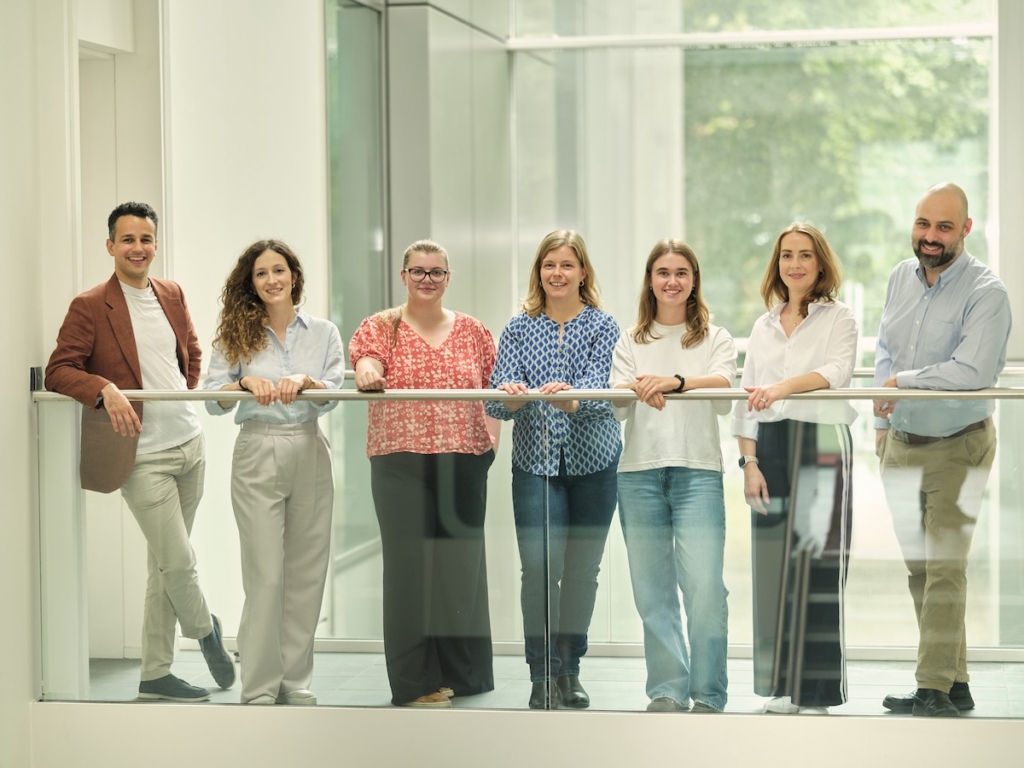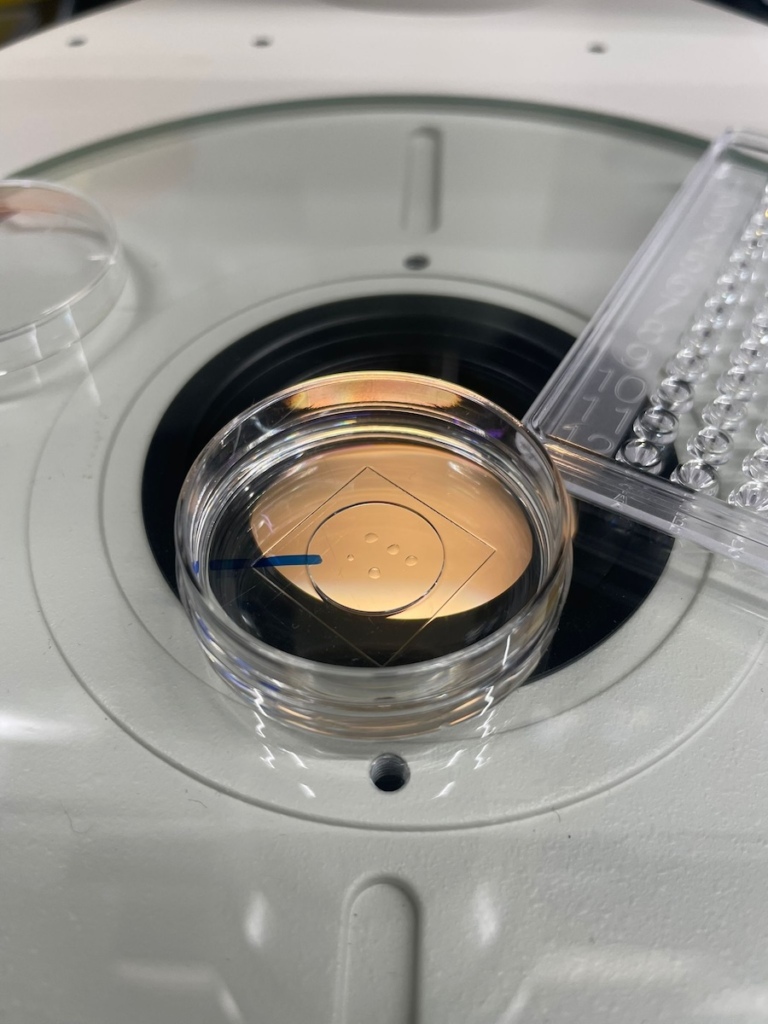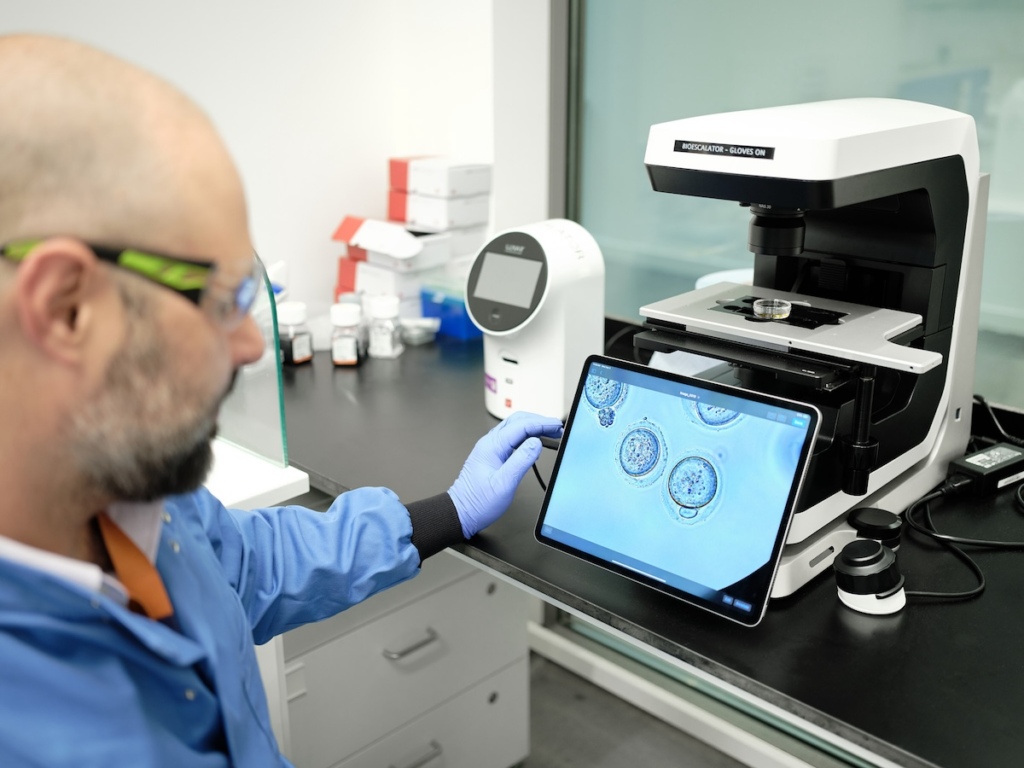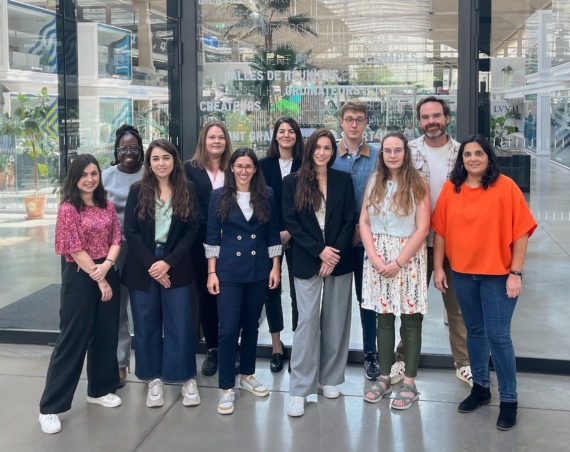
U-Ploid presented data from its first preclinical study of Lyvanta (UP-085) at the American Society for Reproductive Medicine annual meeting in San Antonio, showing the treatment reduced chromosomal separation errors in aged mouse eggs by 84.3%.
The biotech company’s therapeutic targets meiotic aneuploidy, which occurs when eggs develop with an incorrect number of chromosomes. This condition affects more than half of eggs in women over 33 and remains the primary cause of infertility and miscarriage in this age group.
In the preclinical mouse study, aged oocytes treated with Lyvanta showed premature separation of sister chromatids at rates comparable to young control eggs. The proportion of eggs without chromosomal errors increased by nearly 20 percentage points compared to untreated aged oocytes.
“Presenting our first Lyvanta data at ASRM marks a major milestone for U-Ploid,” said Dr Jordan Abdi, Co-Founder and CEO. “These findings represent a significant step towards translating our work into clinical applications that could improve fertility outcomes for women of advanced maternal age.”

The mechanism behind age-related egg quality decline involves errors during chromosome segregation. As women age, their oocytes increasingly fail to separate chromosomes correctly during cell division, leading to embryos with abnormal chromosome numbers that typically cannot develop successfully.
Lyvanta works by targeting the cellular machinery responsible for chromosome separation during egg maturation. The treatment represents the first pharmaceutical approach specifically designed to address this fundamental cause of age-related fertility decline.
“Our data provide clear proof-of-concept that pharmacologic intervention can reduce age-related meiotic errors,” added Dr Alex Webster, Co-Founder and CSO. “We are excited to discuss these results with the reproductive medicine community.”
The research team, including Dr Alex Webster, Dr Eirini Bellou, Professor Alison Campbell from Care Fertility, and Dr Chloe Charalambous, presented the findings through a scientific abstract titled “Preclinical testing of a novel therapeutic for reduction of aneuploidy in oocytes.”
The global fertility services market continues to expand as more women delay childbearing for career and personal reasons. Current assisted reproductive technologies like IVF cannot address the fundamental problem of chromosomal errors in eggs, requiring multiple cycles with diminishing success rates as maternal age increases.

U-Ploid’s approach differs from existing fertility treatments by attempting to improve egg quality at the cellular level rather than selecting among existing eggs or embryos. If successful in human trials, the treatment could reduce the number of IVF cycles needed and improve success rates for women of advanced maternal age.
The company has not disclosed timeline details for human clinical trials or regulatory pathway plans. The preclinical data presented at ASRM represents the first public disclosure of Lyvanta’s efficacy data.
The ASRM annual meeting brings together reproductive medicine specialists, researchers, and industry representatives to share advances in fertility science and treatment. The conference serves as a key venue for companies developing new reproductive technologies to present clinical and preclinical data to potential collaborators and customers.



